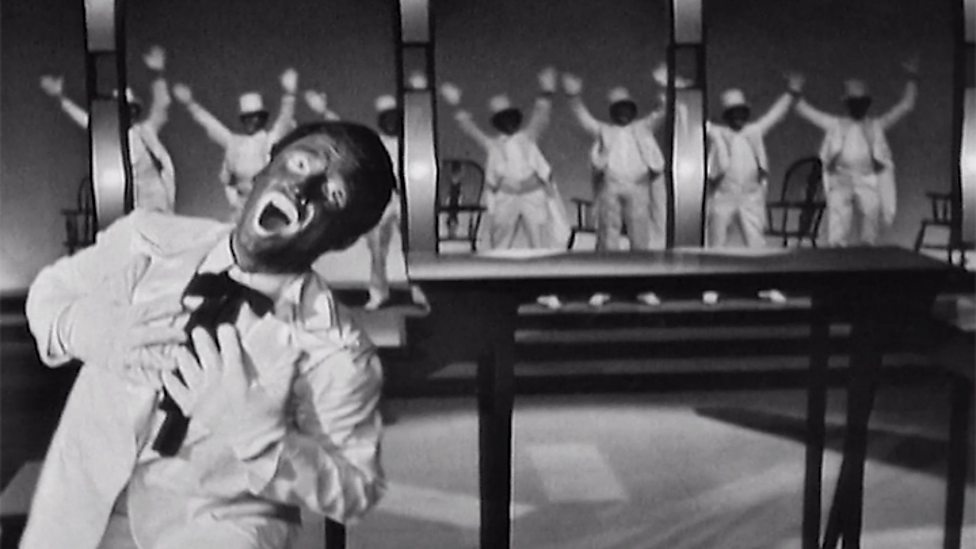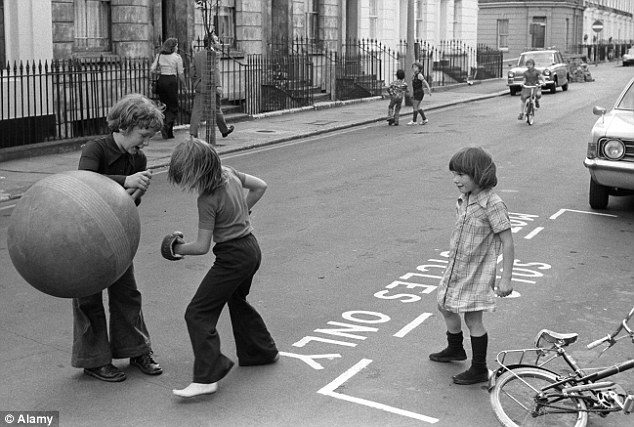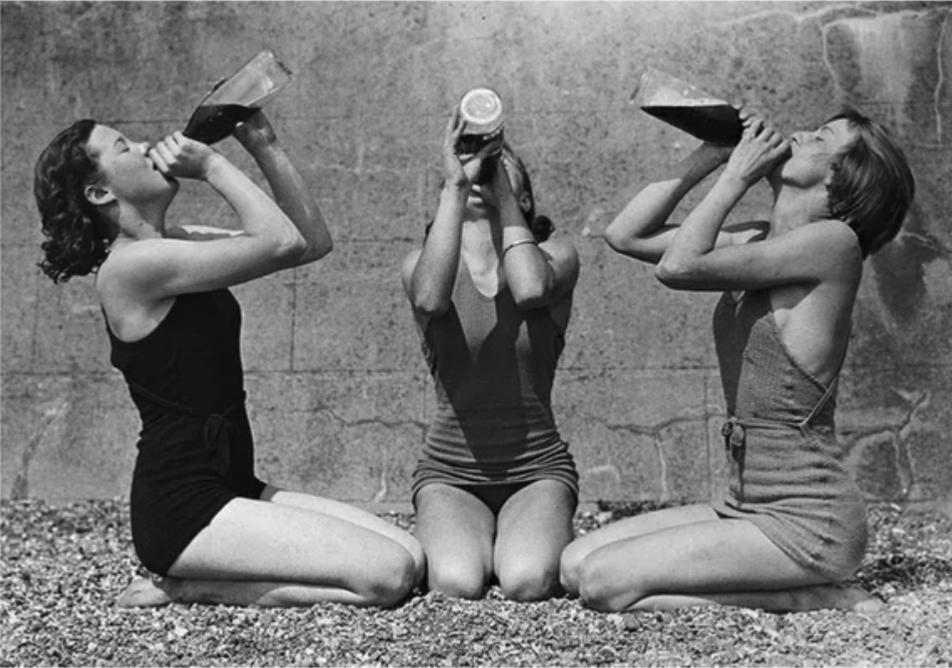In the 1970s, societal norms and regulations were vastly different from today. Many activities that were once commonplace have since been banned due to safety concerns and changing cultural values. This article explores some of the most notable things from the 1970s that are no longer acceptable in our modern world.
10. Trans Fats: The Hidden Danger

In the 1970s, trans fats were hailed as a miracle ingredient in food production. They helped extend shelf life and cut costs, making them a favorite among manufacturers. However, as research began to unveil the serious health risks associated with trans fats, including heart disease and diabetes, public sentiment shifted. Activists campaigned for change, leading to bans in several countries today. The lesson? What was once considered safe can quickly become a public health concern.
9. Questionable TV Shows: A Reflection of the Times

Television in the 1970s featured shows that would raise eyebrows today. One such example is the Black and White Minstrel Show, which ran for two decades. Despite its popularity, the show perpetuated racial stereotypes that are now recognized as offensive. The casual acceptance of such content highlights how far society has come in understanding and addressing issues of race and representation in media.
8. Playing on Train Tracks: A Dangerous Game

For many kids in the 70s, playing on train tracks was just another part of childhood. It was a time when children roamed freely, often without supervision. However, tragic accidents have led to strict regulations prohibiting such behavior. Today, walking on train tracks is illegal, reflecting a growing awareness of safety and the need to protect children from harm.
7. Toy Guns: From Playtime to Prohibition

Toy guns were a staple of childhood in the 70s, with manufacturers creating increasingly realistic replicas. However, incidents involving toy guns led to tragic outcomes, prompting a reevaluation of their place in society. Today, many toy companies avoid producing realistic-looking weapons, recognizing the potential dangers they pose in a world where real gun violence is a pressing issue.
6. Optional Seat Belts: A Shift in Safety Standards

In the 1970s, wearing a seat belt was often seen as optional. Cars were not universally equipped with seat belts, and many drivers, including parents, would allow children to ride in their laps. This lack of regulation has changed dramatically, with strict laws now in place to ensure passenger safety. The evolution of seat belt laws reflects a broader commitment to protecting lives on the road.
5. Corporal Punishment: A Controversial Discipline

Corporal punishment was a common disciplinary method in schools during the 70s. Many children experienced physical punishment for misbehavior, a practice that is now largely viewed as abusive. The shift away from corporal punishment highlights a growing understanding of child psychology and the importance of positive reinforcement in education.
4. Casual Harassment: A Cultural Shift

The 70s were marked by a culture of casual harassment, where inappropriate behavior was often dismissed as harmless flirting. Today, society recognizes the serious implications of such actions, leading to stricter laws and a greater emphasis on consent and respect in interpersonal interactions. This cultural shift underscores the importance of creating safe environments for everyone.
3. Unsupervised Play: A Lost Freedom

Children in the 70s enjoyed a level of freedom that is rarely seen today. They would roam neighborhoods and play outside until the streetlights came on, often without adult supervision. This carefree childhood has been replaced by a more cautious approach to parenting, where safety concerns often limit children’s independence. The contrast raises questions about the balance between safety and freedom in childhood development.
2. Children Buying Cigarettes: A Strangely Casual Norm

In the 1970s, it was not uncommon for children to be sent to buy cigarettes for their parents. This practice, now unthinkable, reflects a time when the dangers of smoking were not fully understood. Today, laws prohibit the sale of tobacco products to minors, emphasizing the importance of protecting children from harmful substances.
1. Heavy Drinking: Culturally Accepted

The 1970s saw a significant rise in alcohol consumption, with binge drinking becoming a cultural norm. The health risks associated with excessive drinking were largely ignored, leading to serious public health issues. Today, there is a greater awareness of the dangers of alcohol and responsible drinking guidelines are widely promoted. This shift illustrates the evolving understanding of health and wellness in society.




























